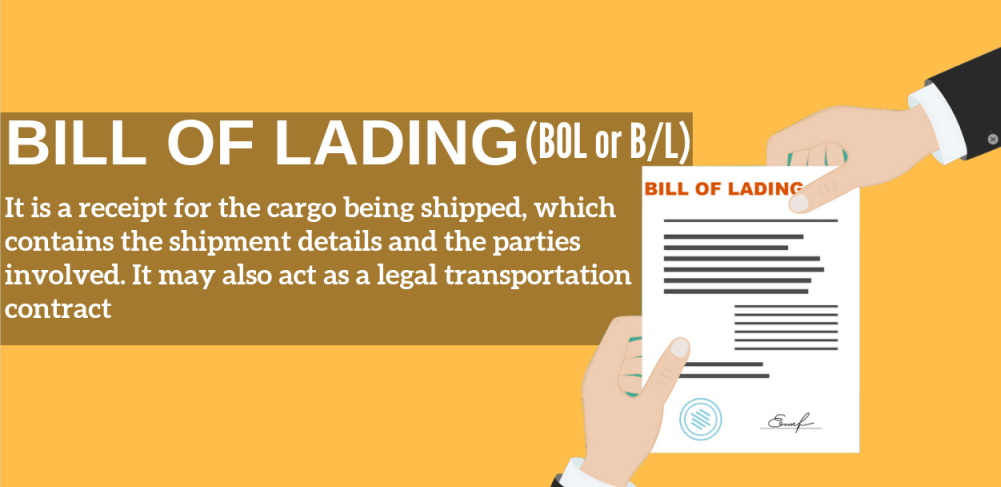We know that the bill of lading should theoretically be a “document of title”, that is, whoever “legally obtains” the bill of lading is equal to having the goods.
The bill of lading includes Shipper, Carrier, Consignee and Notify Party. Consignee determines the ownership of the goods.

1. Why consignee can take delivery without bill of lading?
Consignee is usually filled in in in two ways:
One is to ORDER, which means the consignee has not yet been determined. This kind of bill of lading can be freely transferred by endorsement, which is more valuable – because whoever “legally” gets the bill of lading, the goods are whoever. Such bills of lading are “bearer bills of lading”. In the operation of bearer bills of lading, foreign businessmen have no right to take delivery of goods without obtaining the original bills of lading (unless the freight forwarder and shipping company come in disorder, unlawful delivery without bills of lading). It is very safe and recommended for use. Under letters of credit, banks usually require such bills of lading.
The other is named Bill of lading, that is, the Consignee column specifies the name of the consignee’s company. Only this company can pick up the goods. Because the consignee is specified, it is useless for others to get the bill of lading, and the bill of lading can not be transferred. On the other hand, because it is stipulated that only the consignee can take delivery of the goods, so some countries recognize that the consignee can take delivery of the goods as long as he proves his identity, even if he does not have the original.
2.Which countries can take delivery of the goods without the need for the original of the nominated bill of lading?
The United States, Canada, the United Kingdom, Australia, Hongkong, New Zealand, India, Pakistan, Bangladesh, Malaysia, Singapore, Bahamas, Botswana, Brunei, Cameroon, Cyprus, Fiji, Gambia, Garner, Grenada, Guyana, Jamaica, Jamaica, Jamaica, and so on. Maldives, Malta, Mauritius, Mozambique, Namibia, Nauru, Nigeria, Seychelles, Sierra Leone, South Africa, Sri Lanka, Swaziland, Tanzania, Tonga, Trinidad and Tobago, Tuvalu, Uganda, etc.
For unfamiliar foreign businessmen, it is advisable to use nominated bills of lading with caution.
